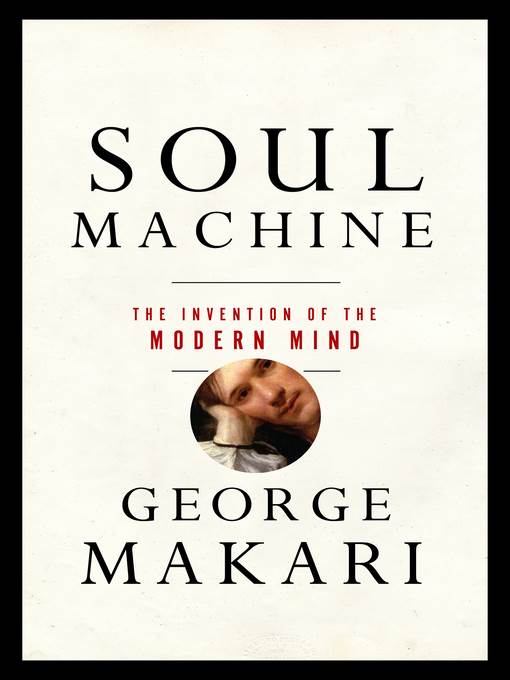
Soul Machine
The Invention of the Modern Mind
اختراع ذهن مدرن
کتاب های مرتبط
- اطلاعات
- نقد و بررسی
- دیدگاه کاربران
نقد و بررسی

August 17, 2015
Psychiatrist and psychoanalyst Makari (Revolution in Mind: The Creation of Pychoanalysis) performs an extended
excavation of the mind, an entity that
has repeatedly resisted significant unearthing, in this grand study. As Makari shows, the very idea of the mind
is also relatively modern. In an account that spans 155 years, from 1660 to 1815, Makari examines the disparate disciplines of medicine, religion, philosophy, and politics, uniting them in a vivid pursuit of the mind, while also highlighting the many individual minds that contributed to each discovery. Over the course of this long narrative, two distinct concepts of the mind—as soul and as machine—repeatedly diverge and are then reconciled, so that the history of the mind emerges not as a linear narrative but rather a series of ruptures. Makari might alienate some readers with the sheer volume of information produced by this thorough approach, yet he conveys that information with flair, humanizing the great thinkers of the past with the vibrant detail of characters in a novel. For all its length, this history of the elusive concept that defines human identity is consistently, startlingly immediate. Agent: Sarah Chalfant, the Wylie Agency.

August 1, 2015
Makari (psychiatry & director, DeWitt Wallace Inst. for the History of Psychiatry, Weill Cornell Medical Coll., Cornell Univ.; Revolution in Mind) explores and defends the concept of mind, an idea that evolved through millennia. Competing with the traditional soul, which "provided believers with universal dignity, repose before a bewildering, brutal world, and consolation in the face of death," the mind concept arose in 1660, then quieted somewhat in mid-19th century before a new and still active eruption of debate. "The mind was a radically destabilizing, heretical idea that grew out of intense, often violent, conflict." Among, and often against, scholars were prophets, doctors, "political spies, bitter refugees, witches, quacks, and pornographers." Makari is a fine writer who is fascinated by France, which is central to this tale of woe and wisdom. He begins with Thomas Hobbes in 1660 and ends before 1900 and Sigmund Freud. Major figures include Jean-Jacques Rousseau, John Locke, Franz Mesmer, Philippe Pinel, Immanuel Kant, Johann Wolfgang von Goethe, and Madame de Stael. VERDICT This in-depth survey of history, psychology, and philosophy doesn't presume but provides insight and expertise to general readers as well as scholars. It doesn't mention but nicely complements Otto Rank's Psychology and the Soul.--E. James Lieberman, George Washington Univ. Sch. of Medicine, Washington, DC
Copyright 2015 Library Journal, LLC Used with permission.

























دیدگاه کاربران